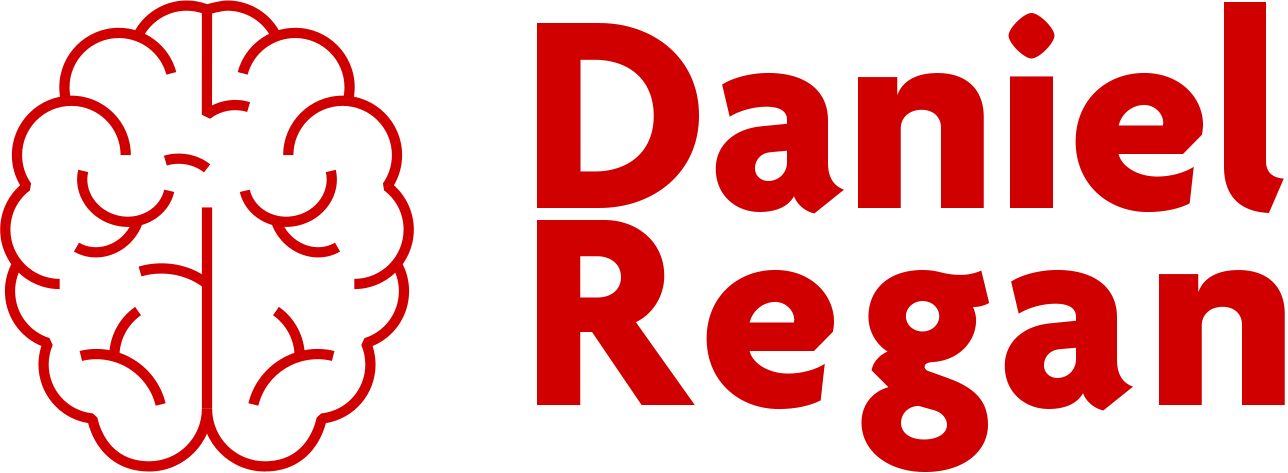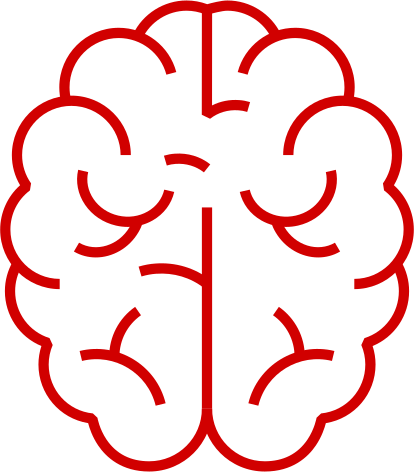Imprints
This post is part of an on-going series of reflections for a commission from The Tavistock and Portman NHS Foundation Trust. You can read all the posts here. You can view the final images here.
Self portrait with hand drawn maps
I’ve been thinking lots about roots, belonging and place. With my family home now gone, in my head I thought it would be this huge relief. As if the house no longer existed, that my ties to places and sites of trauma would be erased. Of course they're not. My real life connection to the place has disappeared, but my emotional and historical connection, and the baggage that that comes with, is right there.
I was thinking about how distressing I always found going back to where I grew up. The entire saga of it — the multiple train journeys, the walking through the centre to get to the bus stop, the bus ride itself and the slow walk past the houses I grew up alongside. I always noticed the types of passengers changing as I boarded those trains, sensing the hostility towards people like me (i.e anyone who looks or is different from the mainstream). Even at 34 I would still get anxious about whether I'd get some racist or homophobic abuse, just for riding on a train home to see my mother.
The entire town has always been something that represented so much pain for me. That was then magnified by that house, our home, the place where so much happened. When I left home I disconnected from that house, I shunned its existence. I despised everything that it stood for and the place it literally stood in. It felt like the root of all my difficulties. I liken it to a once beautiful tree that had been poisoned from the inside, slowly taking everything around it to the ground. Yet for Mama she retreated into it. It became her sanctuary, the only place that felt truly hers. If my reality was slowly watching this home die, in hers it flourished and nourished her.
Lately I've been thinking a lot about what that place meant to all of us — my mother, father, brother and I. The imprint it had on us, lasting longer on some than others. Racism played such a huge part in how people saw us as a family unit and as individuals. In my own experience I needed to get out as quickly as possible. At 17 I knew that if I did not get into university, that I would die there. Every part of my identity was misaligned with a place that just happened to be where I was born.
I keep coming back to this idea of belonging and how the colour of my skin has always meant that I didn’t quite belong anywhere. To the general public I was from everywhere but here. To the cultures I belonged to I was not black enough or not white enough. Sometimes it’s like you just sit in limbo, looking for a tribe. I guess I got so fed up of looking for one that in the end I just made my own, one where the colour of my skin was not the primary identifier. I think being an artist is probably the most important thing to me: that I am a person that creates in response to life.
Sometimes I just want to erase the places of the past that have caused such pain. Yet I can't. They are etched into my psyche and quite literally into my skin through the scars of those times. In lots of ways, since Mama died, I've been trying to create routes through things that previously felt impenetrable. I’m processing rather than procrastinating and avoiding. I’ve been realising — through therapy — that there are some things that you just cannot change because they are simply facts. It's about changing my relationship to them, in the way I’m beginning to do with the place where it all began.


